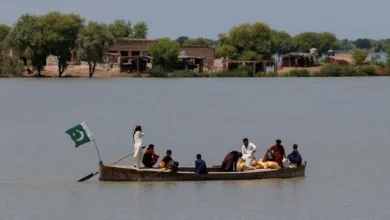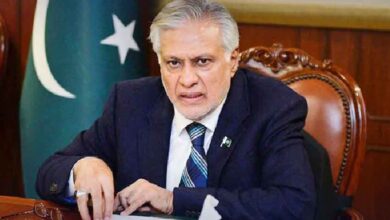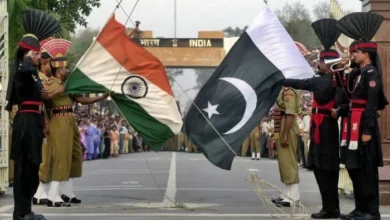Federal Minister for Communications Abdul Aleem Khan has said that landlocked states can transform into land-linked economies through trade corridors, positioning themselves between South Asia, the Middle East and Central Asia.
Speaking at the Silk Way Transport Forum in Kazakhstan, he affirmed Pakistan’s readiness to play a significant role in regional connectivity. Emphasising the strategic importance of trade routes, he referred to the Islamabad–Tehran–Istanbul road link as a vital connection for Pakistan.
He highlighted the role of the China-Pakistan Economic Corridor (CPEC) and the Belt and Road Initiative in shaping the region’s trade relationships, describing them as giving new direction to economic cooperation.
Aleem Khan identified customs regulations and visa restrictions as major obstacles to regional integration. He labelled Eurasia as the world’s largest landmass, noting its strategic relevance to Pakistan. He added that Pakistan’s involvement in the TIR Convention and African agreements represents a milestone for regional collaboration.
He termed the CPEC as the flagship project of the Belt and Road Initiative, with a vision centred on self-reliance and economic development by 2030.
The minister stated that it is a shared responsibility to ensure that international corridors become routes of peace and prosperity. He said Pakistan is playing a central role in regional and global land connectivity. He also pointed to the role of digital transformation in enhancing transparency in transport, while identifying climate change and supply chain disruptions as current challenges that can be addressed through cooperation.
Transport ministers from 12 countries, including Kazakhstan, Turkey, Iran, Uzbekistan, Turkmenistan, Azerbaijan, Georgia, Belarus and the Russian Federation, took part in the forum. The Pakistani delegation was warmly received, and the Federal Minister was welcomed with ceremony.







